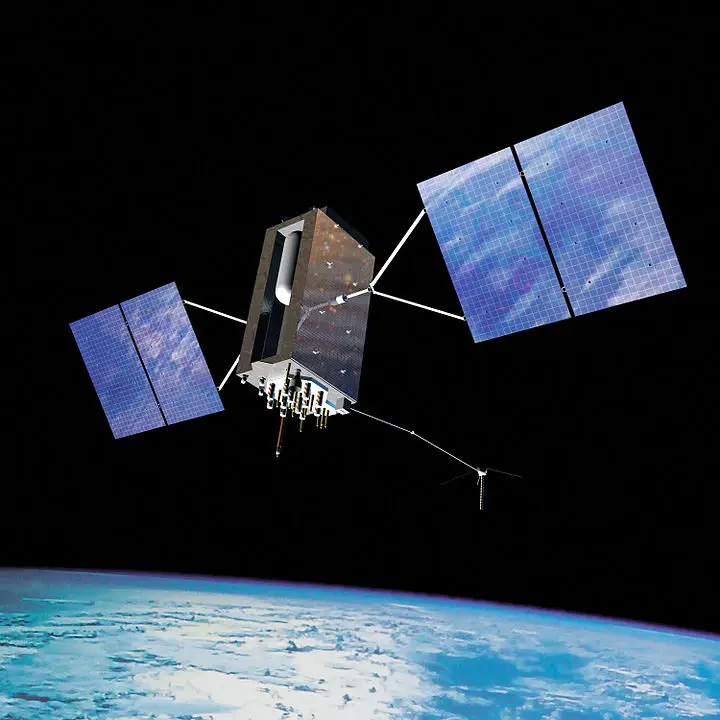IFATCA’s Technical and Operations Committee (TOC) and IFALPA’s Air Traffic Services Committee (ATS) met in Madrid 23-26 Septermber, generously hosted by IFATCA’s Industry Partner Indra with additional assistance from the Spanish Airline Pilots’ Association SEPLA and the Spanish Air Traffic Controllers’ association USCA.
The meeting highlighted the strong cooperation between sister organizations IFALPA and IFATCA. They discussed topics of mutual interest, aiming to reach consensus on how best to address shared concerns and propose effective solutions.
Of particular concern is the increase in instances of Global Navigation Satellite Systems (GNSS) interference in some parts of the world. Most aircraft rely on a GNSS network for accurate and efficient navigation. The spoofing or jamming of a GNSS signal can lead to acute danger to the safety of a flight. The systems and procedures affected are:
- Ground Proximity Warning Systems (GPWS)
- Required Navigation Performance (RNP) Routes or Approaches
- Entry to transatlantic routes may require increased separation
- Aircraft may be unable to fly RNP approaches
- Controller-Pilot Data Link Communications (CPDLC)
- Automatic Dependent Surveillance - Broadcast (ADS-B)
- All other systems or procedures that require accurate position or time data from the satellite network.
The number of flights affected by GNSS interference is trending upwards, increasing the likelihood of a serious safety incident.
IFALPA and IFATCA urge States to retain conventional navigation equipment as a contingency in case civil aircraft are negatively affected by GNSS interference. A minimum operational network of conventional ground-based navigation aids is paramount to guaranteeing robust and resilient air navigation. IFALPA and IFATCA support the development of mitigation strategies to counter the hazardous effects of GNSS interference on civil aviation.
